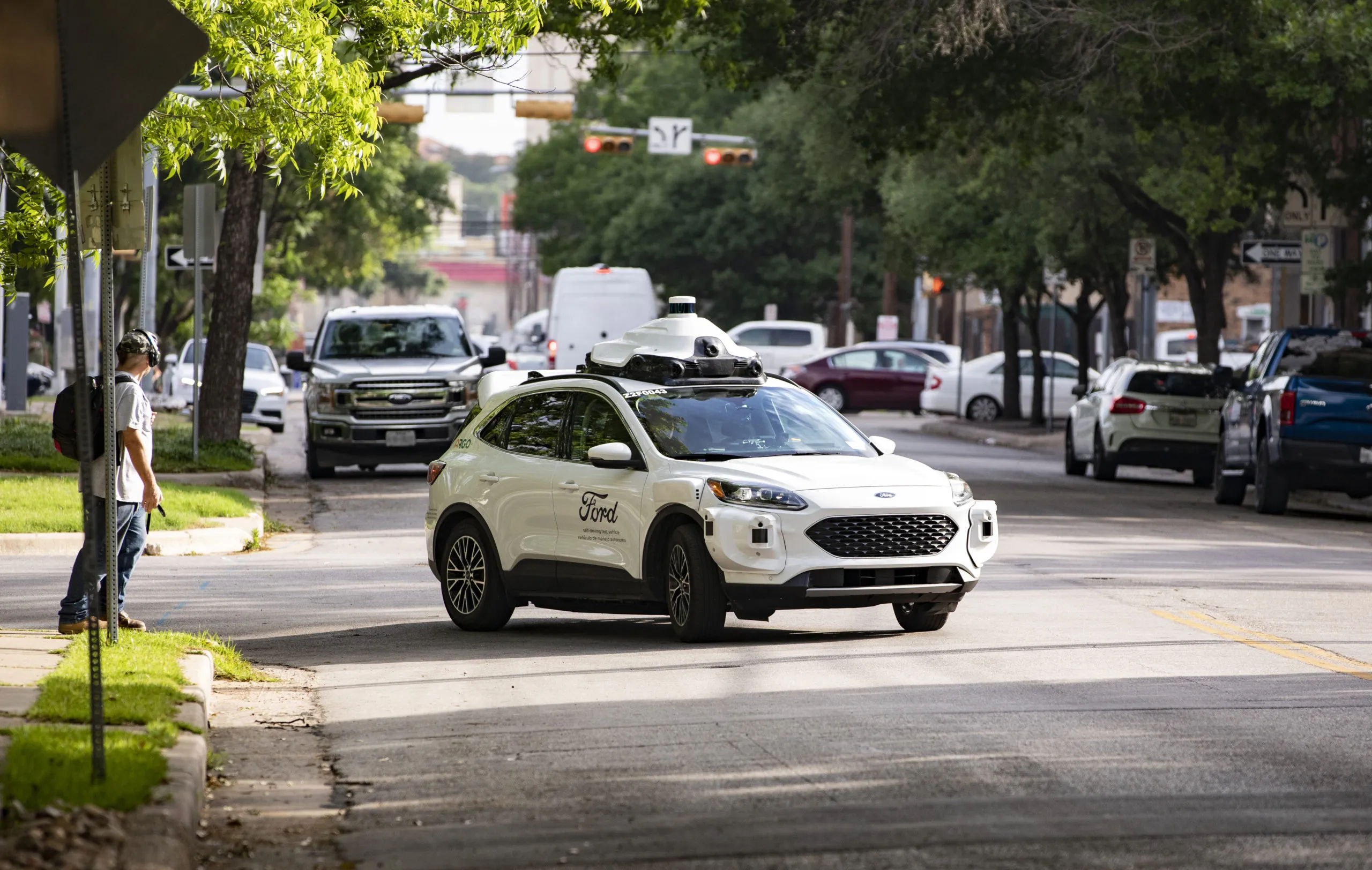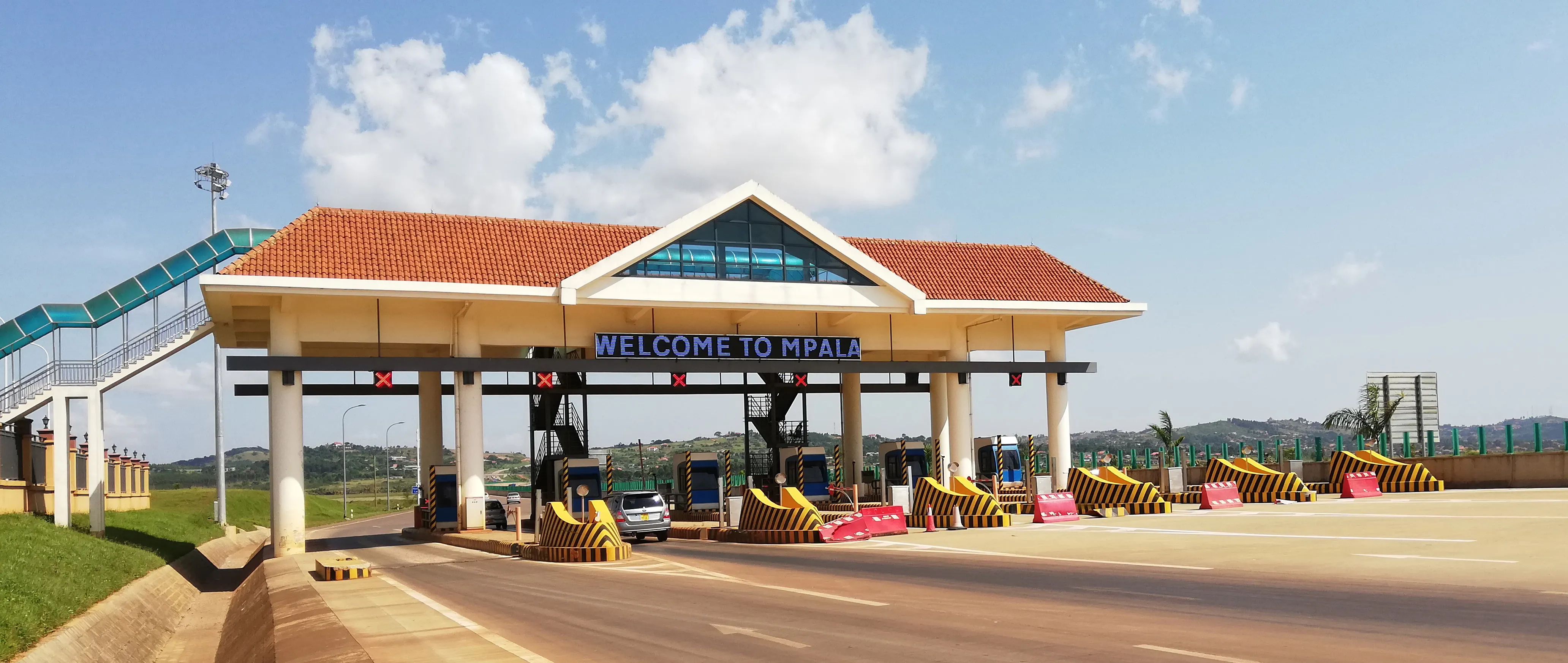
A new Emory University report has found electric scooter deployment generated a positive effect upon spending in food outlets in Atlanta, Austin, San Francisco and Washington, DC.
Wheels to Meals: Measuring the Impact of Micromobility on Local Food Sector Demand clarifies that this trend relates specifically to quick-serve restaurants like McDonalds and Chipotle and other stores such as Baskin Robbins and Krispy Kreme Doughnuts.
In contrast, it infers a “significantly negative” effect upon spending at sit-down restaurants such as Applebee's and Morton's steakhouse.
The report estimates that the average uplift in spend over a six-month period due to the introduction of an e-scooter programme was approximately $1,100 per e-scooter deployed across the four cities - a 0.58% increase relative to what would have been spent if no e-scooters were deployed.
According to the document, the findings represent an opportunity for companies and e-scooter firms to capitalise on the economic surplus that they create.
For example, these “spillovers” could be further facilitated through location-based advertising opportunities, which could be a “welcome source of incremental revenue” for e-scooter companies.
Additionally, the results suggest that city governments looking to stimulate the local economy may be incentivised to take a more lenient stance towards e-scooter usage. This may include letting them into new cities where companies have not been allowed in, or raising the maximum number of e-scooters permitted on the road.
The study recognises that while other factors are at play, city governments should nevertheless incorporate into their decision the “positive economic externalities” that e-scooters create for local businesses.









